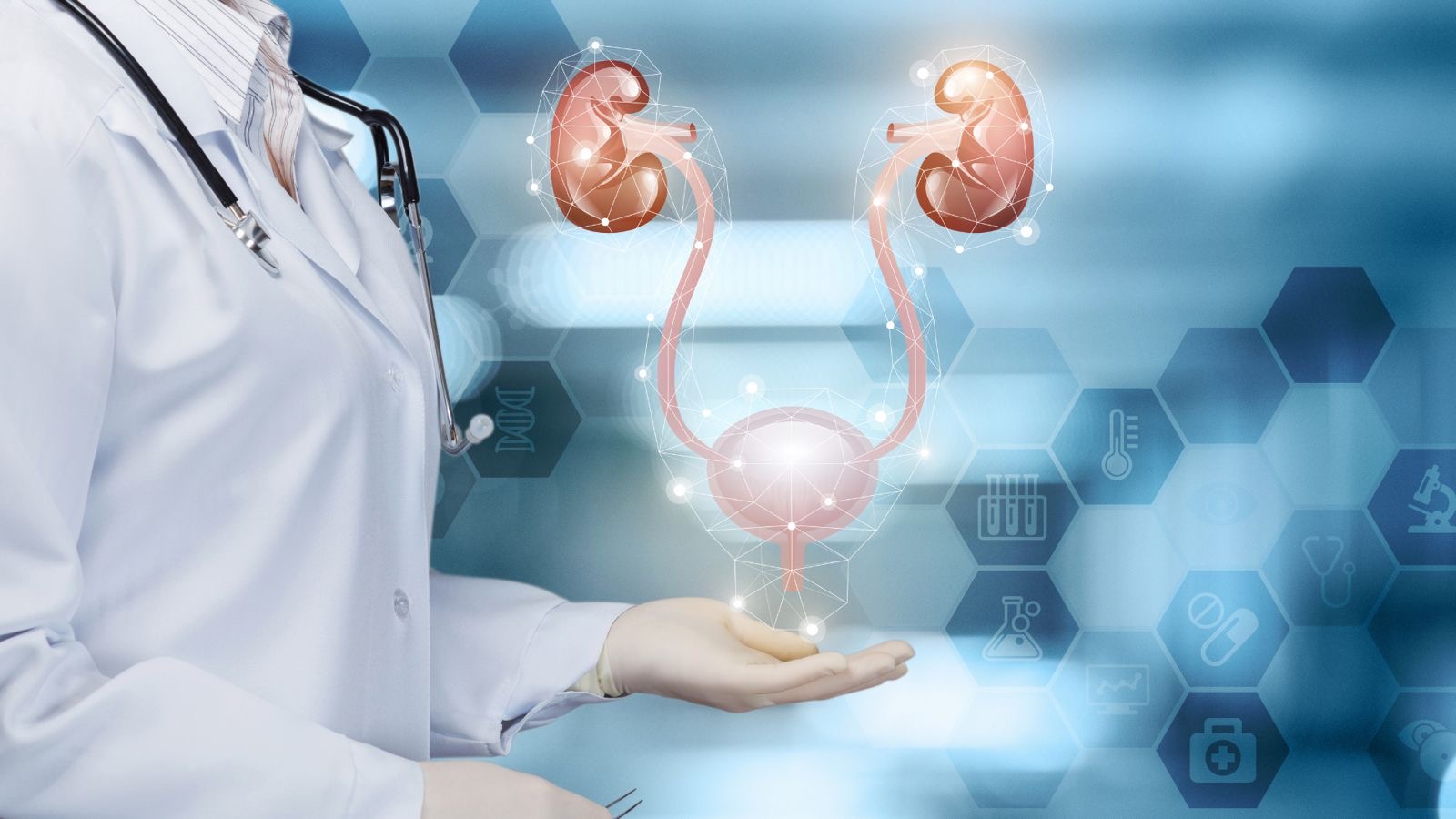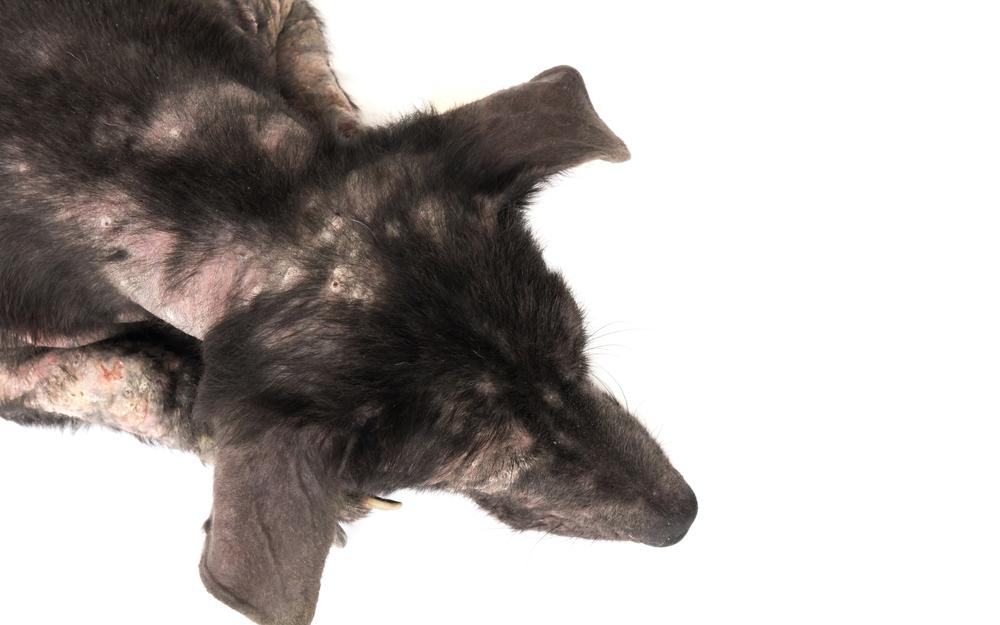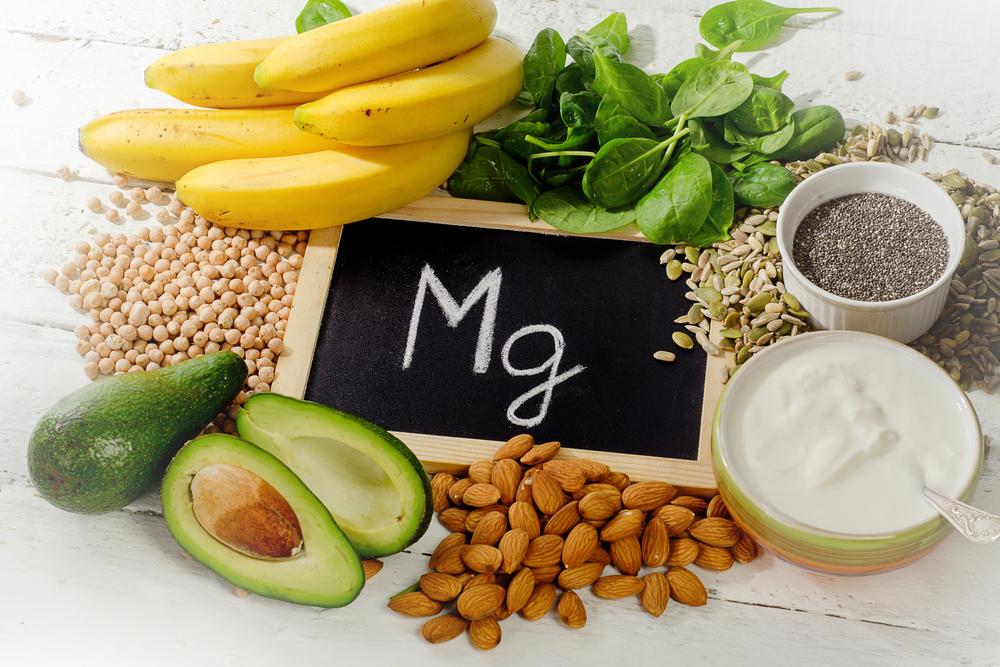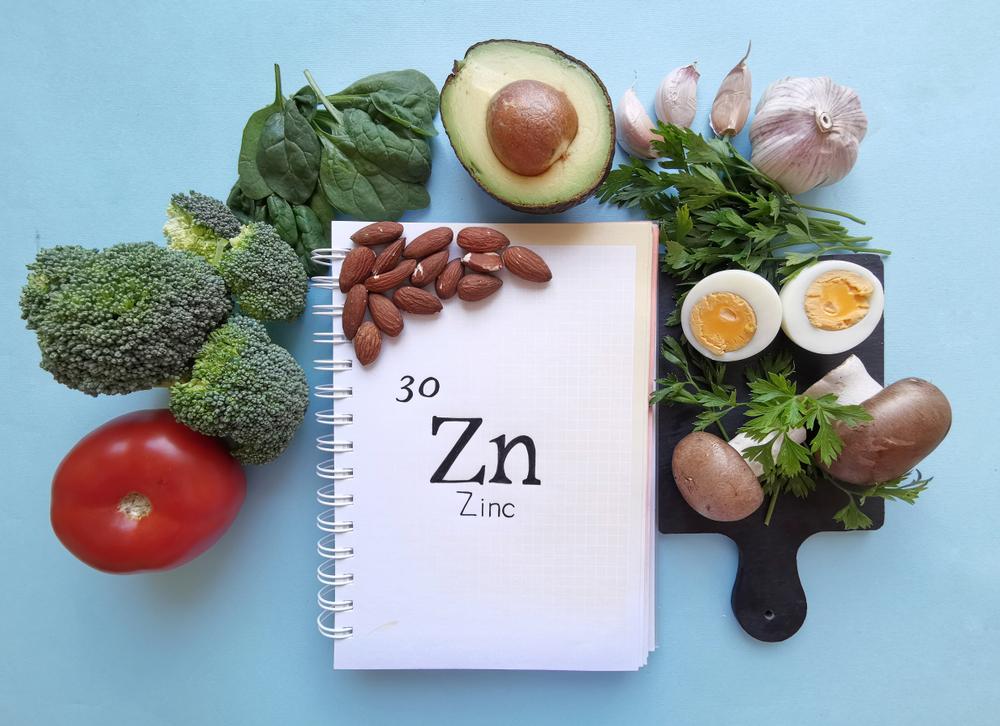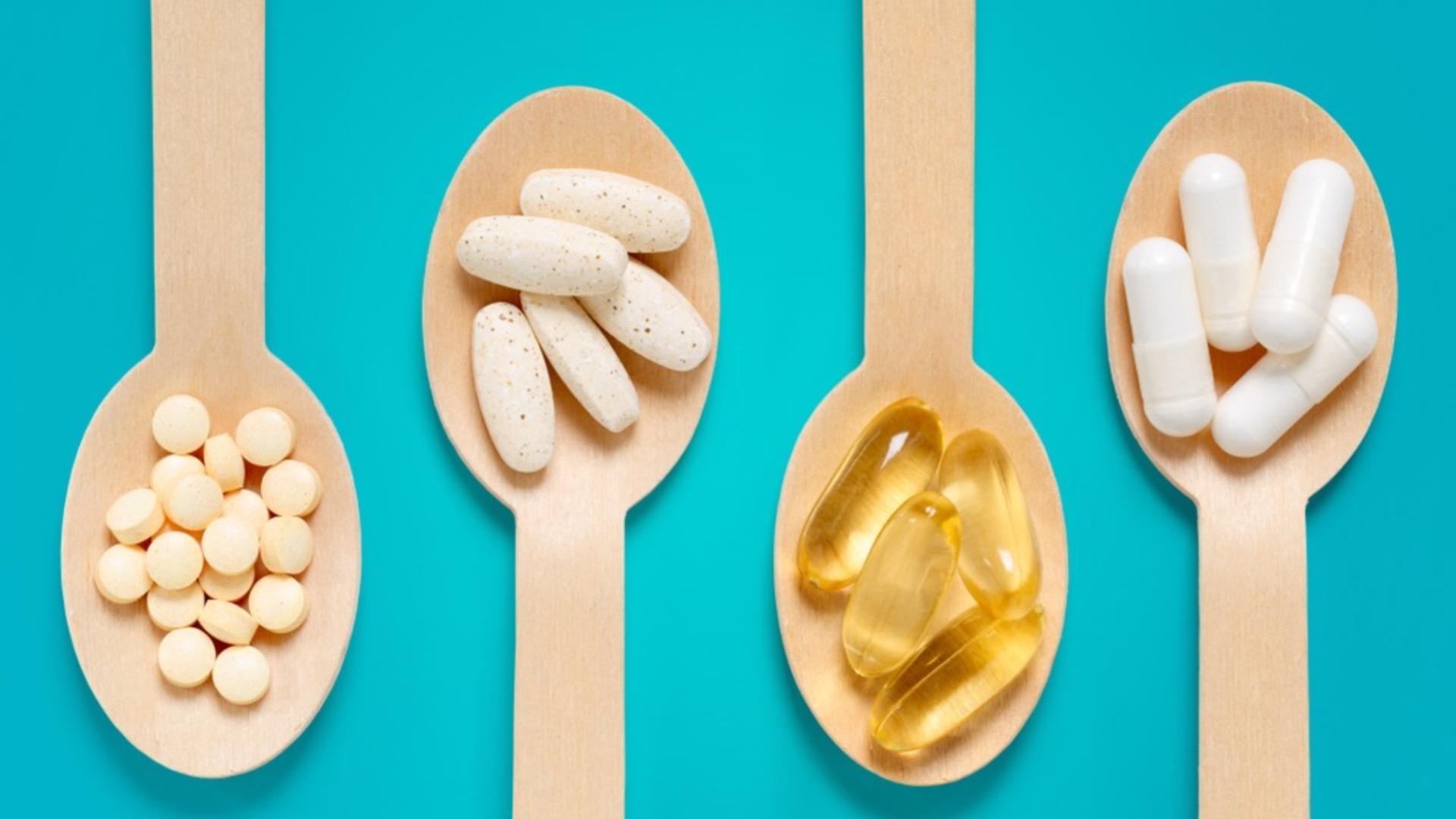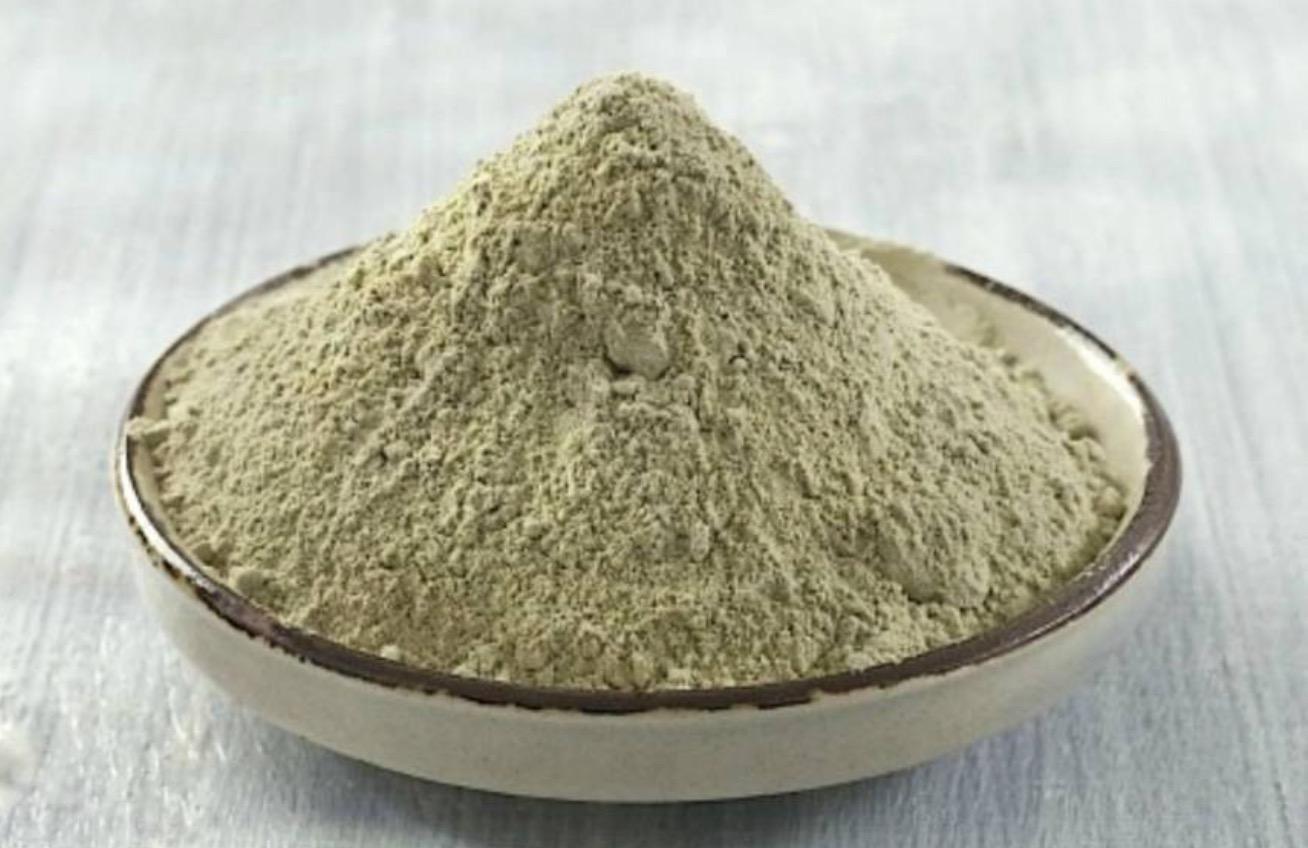One of the common issues we are asked about here at My Pet Nutritionist is kidney and urinary health. Our blog on urinary tract issues can be found.
Here
But we thought we’d go back to basics and look at the role of the urinary system and why supporting its function is important to overall health.
The Urinary System
As body cells carry out metabolic activities, they consume oxygen and nutrients. During this process, waste products are made. These waste products must be eliminated from the body because if they are left to accumulate, they can become toxic.
As the respiratory system eliminates carbon dioxide, the urinary system picks up the remainder of the waste products. But this is not the only function of the urinary system, so let’s take a look.
This system consists of:
Two ureters,
One urinary bladder,
One urethra.
The kidneys filter the blood of wastes and excretes them into urine. Once formed, urine passes through the ureters and is stored in the urinary bladder. It is then excreted through the urethra.
Functions of the Kidneys
Excretion of wastes:
By forming urine, the kidneys help excrete waste from the body. Some of these are a result of metabolic processes, like urea and ammonia, which is as a result of the deamination of amino acids. It also includes creatinine which is a result of breaking down creatine phosphate. Finally, it includes uric acid from the catabolism of nucleic acids. These compounds are all known as nitrogenous wastes as they are wastes that contain nitrogen. The remainder of wastes are foreign substances that have entered the body, like medications and environmental toxins.
Regulation of blood composition:
The kidneys help regulate the blood levels of several ions including sodium, potassium, calcium, chloride, and phosphate. This is achieved by controlling the excretion of said ions into urine.
Regulation of blood pH
Regulation of blood volume:
The kidneys adjust blood volume by conserving or eliminating water in the urine. An increase in blood volume increases blood pressure and a decrease in blood volume decreases blood pressure.
Regulation of blood pressure:
The kidneys secrete the enzyme renin which activates the renin-angiotensin-aldosterone pathway. Increased renin increases blood pressure.
Production of hormones:
The kidneys produce two hormones, calcitriol helps regulate calcium homeostasis and erythropoietin stimulates the production of red blood cells.
Regulation of blood glucose level:
Live the liver, the kidneys can use certain amino acids like glutamine in gluconeogenesis, which is the production of new glucose molecules.
The Contributions of The Urinary System for All Body Systems
Skeletal System
The kidneys help adjust levels of blood calcium and phosphates needed for building extracellular bone matrix.
Muscular System
The kidneys help adjust calcium levels for contraction of muscle.
Nervous System
Through the process of gluconeogenesis, the kidneys provide glucose for ATP production in neurons, especially during fasting or starvation.
Endocrine System
The kidneys participate in the synthesis of calcitriol, the active form of Vitamin D. They also release erythropoietin which is the hormone that stimulates the production of red blood cells.
Cardiovascular System
As noted previously, the kidneys play a key role in the regulation of blood volume, pressure and composition.
Lymphatic System and Immune Function
By increasing or decreasing their reabsorption of water filtered from blood, kidneys help adjust volume of interstitial fluid and lymph. Urine also flushes microbes out of the urethra.
Respiratory System
The kidneys and lungs cooperate by adjusting pH of body fluids.
Digestive System
As we have mentioned, the kidneys synthesise calcitriol which is the active form of vitamin D. This is necessary for the absorption of dietary calcium.
Evaluation of Kidney Function
As you have gathered, the kidneys play a pretty important role in the body, and there are a number of ways we check how well they are doing it.
The blood urea nitrogen test measures the amount of urea in a sample of blood. Urea is a waste product of the breakdown of protein. When glomerular filtration rate (how much blood is filtered) decreases severely in the case of renal disease or obstruction in the urinary tract, BUN rises steeply.
The other test that is often used is to measure plasma creatinine. This is the result of the catabolism of creatine phosphate in skeletal muscle. Normally the creatinine levels remain steady, because the rate of excretion in the urine remains equal to its discharge from muscle, but high creatinine levels can indicate poor renal function.
Renal plasma clearance is a test which establishes how effective the kidneys are at removing a given substance from blood plasma.
Urine
Water accounts for around 95% of the total volume of urine. The remaining 5% consists of:
- Electrolytes
- Solutes derived from cellular metabolism
- Exogenous compounds (like medications)
Typical constitutes of urine include:
- Filtered and secreted electrolytes
- Urea
- Creatinine
- Uric acid
- Urobilinogen
- Small amounts of fatty acids, pigments, enzymes, and hormones
If disease alters body metabolism or kidney function, traces of substances not normally present may appear in the urine, or normal constituents may appear in abnormal amounts.
For example:
Albumin: a normal constituent of plasma, it usually appears in small amounts in urine. The presence of excess albumin indicates increased permeability of kidney filtration membranes due to injury or disease, increased blood pressure, or irritation of kidney cells by substances like bacterial toxins or heavy metals.
Glucose: presence in the urine usually indicates diabetes but it can also be a result of stress (causing excess epinephrine secretion – epinephrine stimulates the breakdown of glycogen and liberation of glucose from the liver).
Red blood cells: this usually indicates a pathological condition. One cause is acute inflammation or urinary organs due to disease or irritation from kidney stones.
Ketone bodies: high levels of ketone bodies in urine may indicate diabetes, anorexia, or starvation.
Bilirubin: when red blood cells are destroyed by macrophages, the globin portion of haemoglobin is split off and haem is converted to biliverdin, this is then converted to bilirubin which gives bile its pigmentation.
Microbes: these will be noted in cases of urinary tract infection.
If you would like to learn more about what can go wrong with kidney function, then check out our blogs here:
Kidney Disease
Kidney Disease in Cats
Besides the kidneys and urine, there are other tissues, organs and systems which process and eliminate waste products in the body too.
For example:
Blood:
The bloodstream provides a pickup and delivery system for waste.
Liver:
The liver is the main site for metabolic recycling, it plays a key role in converting toxic products into less toxic substances, like ammonia into urea.
Liver Disease
Foods to Feed in Liver Disease
Liver Shunts
Lungs
With each exhale, the lungs excrete carbon dioxide.
Gastrointestinal Tract:
Through defecation, the gastrointestinal tract excretes solid, undigested foods, wastes, some CO2, water, salts and heat.
7 Reasons to Use Clay
Optimal Gut Health
Gut Dysbiosis
This is why, taking a holistic approach to optimal health is so important. No bodily system is an island and here at My Pet Nutritionist, we are particularly skilled at joining the dots.
Check out our services to learn more.
Thanks for reading,
MPN Team

